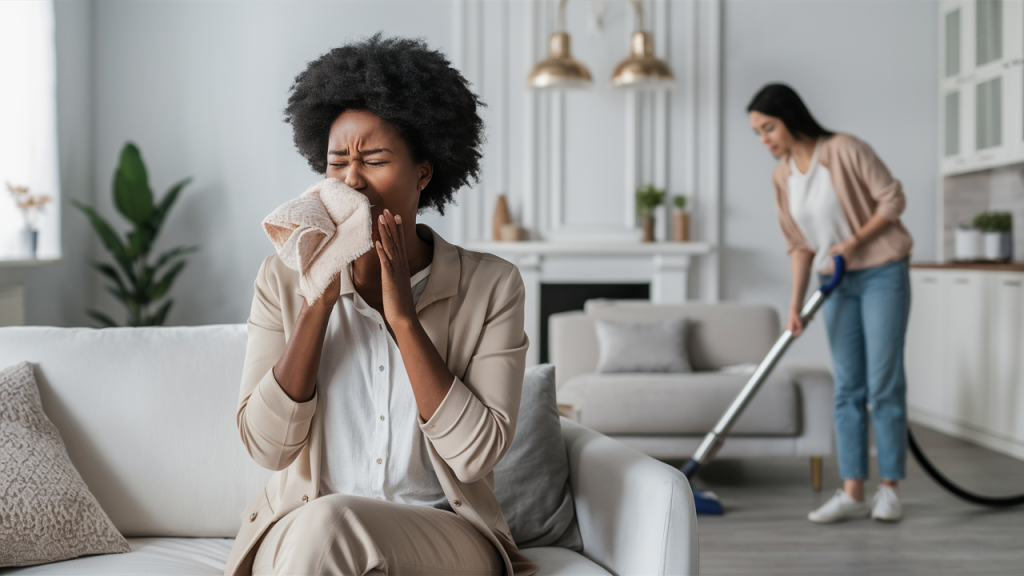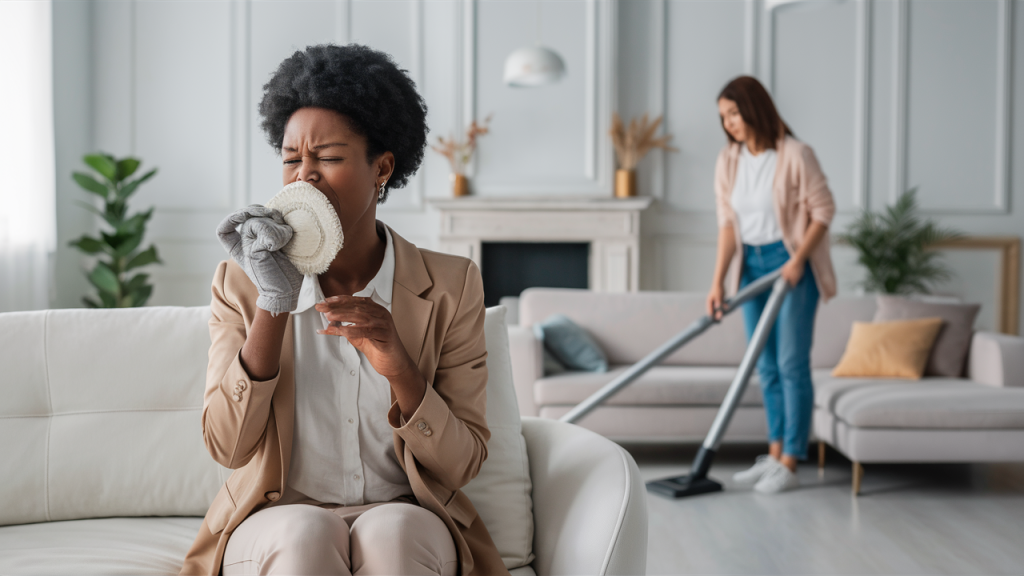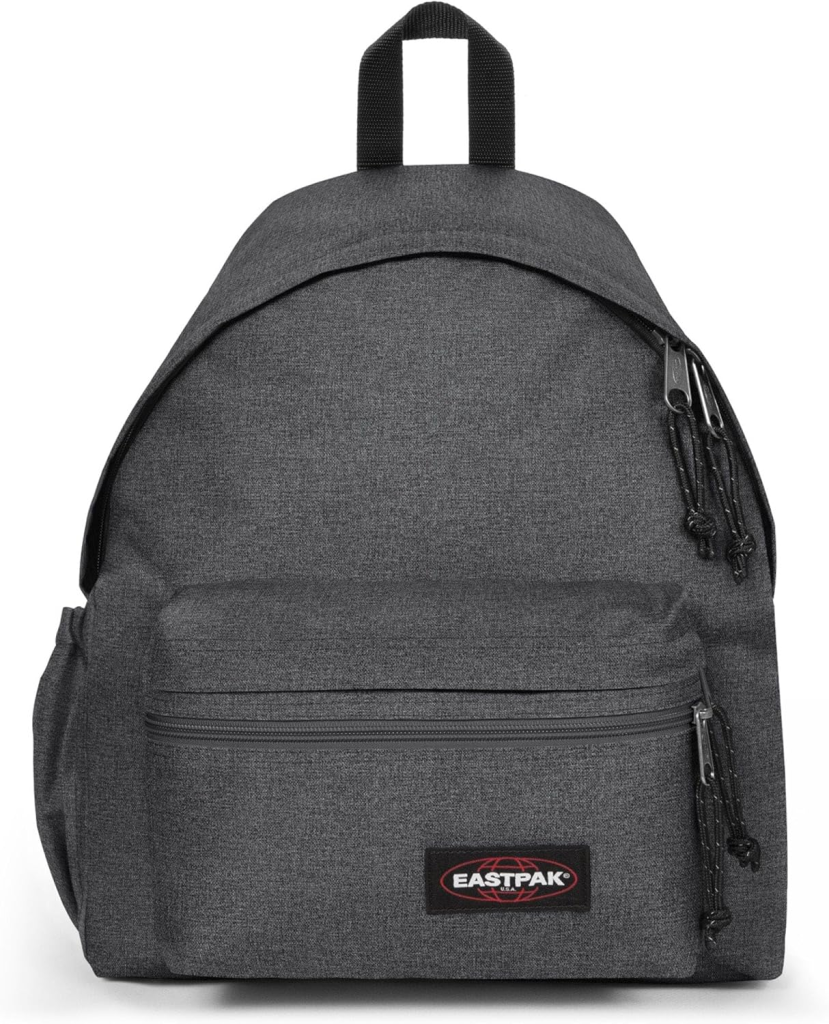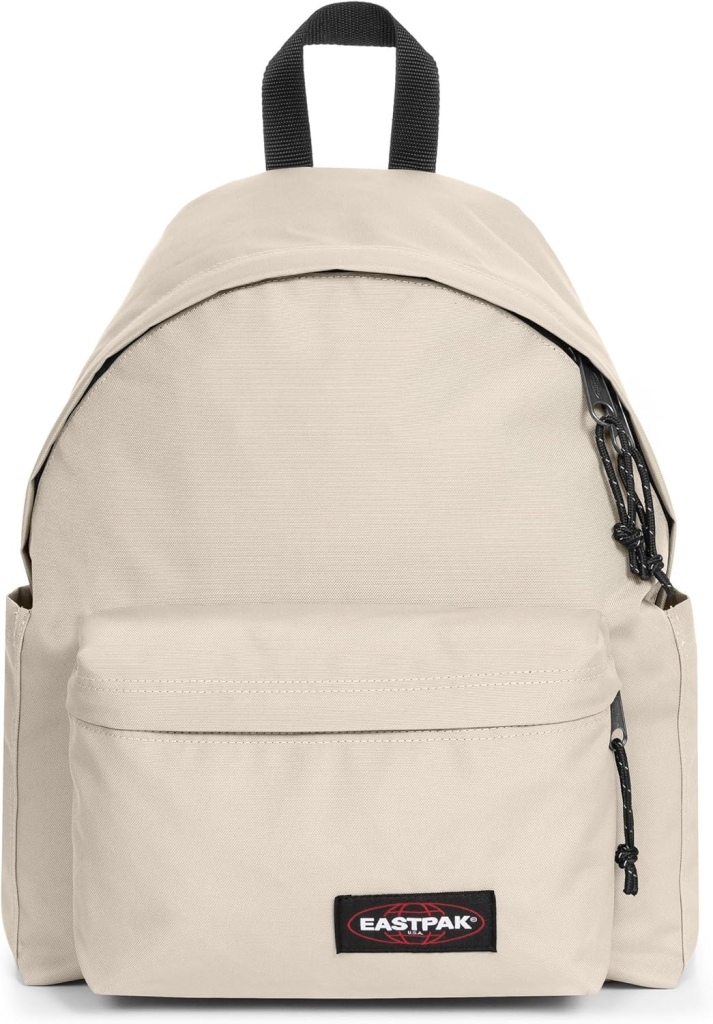Cleaning Tips For Asthma And Allergies Relief

There is no doubt that there is a challenge with cleaning when it comes to people living with asthma and allergies. This is a case of dust rise that triggers them and causes an episode, especially for those in the dusty regions of the world. This does not take away the fact that some unclean people support their unclean living habits with claims of asthma and allergies.

These people will go to any length to prove they are allergic to cleaning up their living spaces. But for those who genuinely have these issues, they try not even to have dirty surroundings. But the guys who enjoy every bit of their dirty surroundings, don’t have the issue after much investigation. The genuine ones will always try to live clean because they know they can not conveniently clean when they make a huge mess, so they try not to make a mess because asthmatic episodes can get triggered unexpectedly.
After all, allergens are all around us waiting to strike as we make contact with them in our daily routines of life. However, this is not a death sentence for anyone with these health conditions, as this post will outline the best cleaning practices to adopt when maintaining a clean environment, avoiding allergic/ asthmatic attacks and promoting and maintaining a healthy respiratory system, which is a significant receptor of cleaning agents.

Succinct Understanding of the link between Cleaning, Allergies and Asthma
Allergy is a reaction from your immune system to some foreign substances like pollen from flowers, nuts, fur, mould spores, and dust mites, while Asthma is a respiratory condition famous for the inflammation and narrowing of the airways, caused by allergens or pollutants. Now that we understand what they are, let us go through the best cleaning practices to avoid them.
Cleaning Strategies To Reduce Allergic And Asthmatic Episodes

Dust Mite Management: A typical dust content from waste is the dust mite, which requires critical management, to prevent the spread and allergic reactions. To control their impact, it is important to wash items like tablecloths, bedsheets, pillowcases and any other cloth in hot water because dust mites could easily settle on these clothes and surfaces and stay put.

No matter the method used always get them washed on a weekly or biweekly basis. Some people will always consider options like using allergen-proof mattresses and pillow covers to prevent any form of permanent settlement of dust mites on them and vacuuming the rugs, carpets, and upholstery with a vacuum cleaner equipped with a HEPA filter.

Control Pet Dander and Fur: Pet owners are faced with a handful of challenges in their homes, like the constant release of furs and feathers all around the house, depending on the type of pet, the lice or parasites for those not properly taken care of, the shedding of dead skin, faeces, saliva and urine around the house, which can come combined with pollens, moulds as well as dust mites.
These challenges can be managed by sending pets to the vet regularly as expected, trimming and brushing the pets periodically to reduce shedding, washing up the pet’s bedding, cage and house, and cleaning up the corners allocated to them in your home, to reduce shedding. In all honesty, owning a pet is not for the lazy ones, especially if you are allergic to cleaning, which makes your living space an unhealthy space. Do not expect the pets to clean up after themselves and provide companionship to you. You either own and completely care for them, or you don’t own them at all.

Mould Prevention: Allergies and asthma can easily be aggravated by mould spores all around the house, especially if you have children. The best bet will be to promptly fix leaks to prevent water from accumulating around the walls of the home and disinfect surfaces in the house. Some will also accept the idea of using fans to create air circulation around the house.

Prevention against pollen: During the pollen (spring) season, ways to minimise exposure to pollen include keeping the windows shut for the highly sensitive nostrils, preventing pollen from entering the house, and changing out of the outing clothes immediately after you come into the house from outdoors, using air purifiers with which has filters to trap airborne pollen.


Improve Air Quality through cross ventilation: Indoor air quality is a compulsory part of avoiding asthmatic episodes, especially for homes where there are smokers. People who conveniently smoke in their homes have given their homes a familiar air smell, and that complicates the state of health for anyone who is asthmatic within the household. When this happens, opening up the windows and doors for cleaner air to come in, will help clear the ambience of the home.

Another option is to strategically position air purifiers around the house to cleanse the air of the smoke puffs and filter out the airborne particles. You can also install the heating, ventilation and air conditioning system to help filter out the indoor air quality. There are other products out in the market that can be used in place of the aforementioned. Also, consider smoking outside mostly.

Prioritise The Use Of Asthma-friendly cleaning products: Any household with an asthmatic person, should do well to always consider the asthmatic person within the family whenever it is shopping time. Look out for asthma-friendly products, consider the chemical components of products, and avoid strong/pungent-smelling products, especially the volatile organic compounds which are known for their irritation to the respiratory system.

Consider Producing Your Safe DIY Cleaning Products: When in doubt about all products gracing the shelves of retail stores, then it is probably time to consider producing yours, which you can trust and vouch for its safety. Every day household items like vinegar, baking soda and lemon can be combined to produce a good cleaning solution. They perform the same function and prevent the risk of chemical exposure faced when using synthetic chemicals.

Regular Deep Cleaning of your home: Come up with a cleaning schedule, and choose the most convenient day for deep cleaning your environment to combat allergens that are hidden, regularly clean your curtains, blinds, upholstered, rug, carpets, either doing it yourself using the new and improved carpet cleaner or contracting the services of professional cleaners, also remember to wipe down surfaces using wet cloths to easily capture dusts on surfaces as well as the mites.

As much as you can, avoid scented products: Scented products can trigger asthmatic episodes, so scented cleaning products can be irritating, rather than pleasant. To minimise potential distress of the respiratory system, always go for unscented or very lightly scented products to avoid an emergency.

Lastly, Maintain a Proper Storage System: If you have been reading other posts on this blog, you will understand how important it is to avoid clutter by returning items to where they live, right after using them. This is because dust and allergens can easily settle on clutter, as they are not the easiest surfaces to clean. Storing items in containers reduces their exposure to dust, and helps keep your living space organized, always sell or give away items you no longer require on used clothes selling apps like Vinted.
In Conclusion, creating and maintaining an asthma-friendly home involves careful practices to reduce dust and allergens around the house, as well as avoiding the irritation of the respiratory system. By adopting and constantly practising the listed cleaning strategies above, family members with allergies and asthma, can have fewer worries and breathe easily around the house without the fear of an emergency.

1. Why cleaning and sanitizing is important:
- Cleaning and sanitizing remove dirt, germs, and contaminants, reducing the risk of infections and illnesses. It ensures a safe and healthy environment, especially in places where hygiene is crucial like kitchens and hospitals.

2. Why cleaning is important at the workplace:
- A clean workplace prevents the spread of germs, reducing employee sickness and absenteeism. It also promotes productivity, safety, and a professional image, which can improve employee morale and client perceptions.

3. Why cleaning is good for mental health:
- Cleaning can reduce stress and anxiety by creating a sense of control and accomplishment. A clean environment promotes relaxation and reduces distractions, contributing to overall mental well-being.

4. Why cleaning your room is important:
- Cleaning your room helps maintain a healthy living space by reducing dust, allergens, and germs. It also improves mental clarity, fosters a sense of responsibility, and creates a more pleasant and comfortable environment.

5. Why a cleaning schedule is important:
- A cleaning schedule ensures regular maintenance of cleanliness, preventing dirt and clutter buildup. It helps manage tasks efficiently, reduces stress, and ensures all areas are consistently clean and hygienic.

